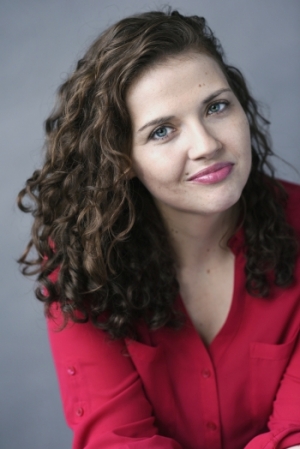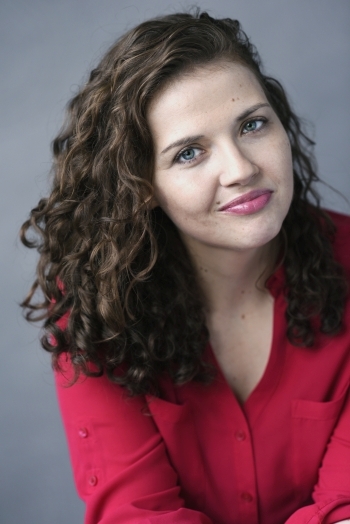Kayla Rae Whitaker is an accomplished novelist and current resident of the Rachel Rivers-Coffey Distinguished Professorship in Creative Writing here at Appalachian State University. She considers herself a part of a creative process that, while at certain junctures demands isolation, is fundamentally bound to larger processes of collaboration, trial and error. For her,
"There's a lot about the reading and writing experience that is tied to empathy. The ability to see other parts of the world, to access lives that you wouldn't have access to otherwise."
This indebtedness to collaboration and interaction stands as a major motivation behind both her creative and pedagogic processes. In her own writing, Whitaker invests herself in the exploration of questions regarding the interactions between gender, professionalism and region. Her first novel, published to high critical acclaim in January 2017, The Animators, centers on two New York City transplants from the southern United States, and their relationship as it unfolds around business and art. For Whitaker, this project focuses on the work life of women and treats it as "a specific narrative... the professional story is a female story that may be the defining one." Fundamentally, the novel explores aspects of collaboration within the creative process and the business that surrounds it, and moreover, allows a glimpse into particular realities felt by artists attempting to understand what becoming a 'professional' looks like.
This inquiry informs her approach to the creative classroom as well. Too often, for Whitaker, the process of creative writing, especially at the professional level, becomes a territory riddled in mystification, explained with catch-all phrases such as 'talent' and 'genius.' Whitaker finds herself frustrated with this kind of rhetoric surrounding her craft and her profession, and insists that "talking about procedure is important-- it's important to give a vocabulary for the writing process." She practices this belief in her approach to the creative classroom-- she emphasizes the writing process as one that demands a certain amount of natural failure, of editing, of trying again, learning lessons about craft that will eventually be applied to later drafts. In other words, she views writing as a process that demands mediation both internally and externally, which is why, for Whitaker, a crucial aspect of teaching writing comes down to "meeting students wherever they are. I'm an instructor, but I'm also a writer and a reader. My job is to give students something they can use." This stands as the objective behind her process in the classroom; she explains writing as a form that demands effort, exploration and practice.
In light of understanding the discipline of encountering and producing literature as bound to interaction between people, Whitaker's pedagogical process reflects a certain level of ubiquity. She encourages her students to write across genres and to encounter literature from a multitude of contexts in order to cultivate their unique perspective. Her discussions are geared toward an understanding of the underlying conversation in each text; she asks her students to consider "looking below a text to try and find that latent conversation-- what does the writer refuse to address directly, and what does that tell us? What is the conversation under the conversation?" Finding the answers to these questions, for her, becomes a central focus in creative endeavors more generally. They speak to the power of what literature can do, and moreover, of what it must continue to do as we attempt to navigate the complexity in the shifting worlds and cultures that surround us.
After her residency here at Appalachian State concludes, Whitaker will continue to work on her current book project and invest herself in conversations between writers, readers, teachers and students. To hear more about the importance of interaction and collaboration in learning, teaching and producing literature, consider attending her craft talk and reading on October 3 as a part of the Hughlene Bostian Frank Visiting Writers Series.
Article written by Olivia Buck. Photo credit: Mark Bennington.

